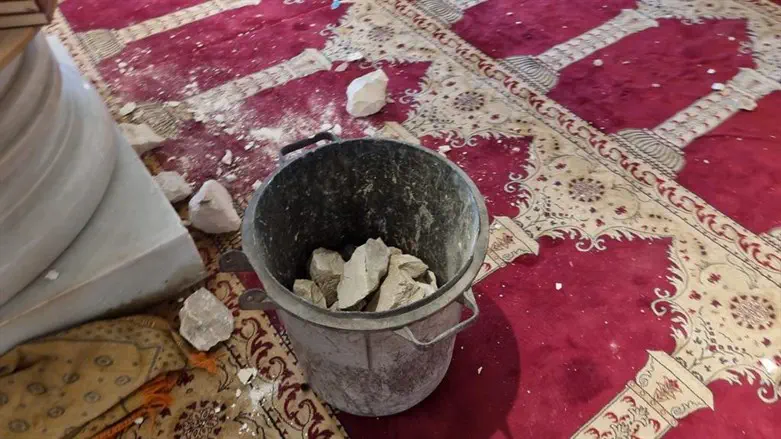
One of the pillars of the success of the UAE’s development and civilization model is no doubt the desire to effect the translation of human principles and ideas into behaviors, practices, procedures and laws that provide a framework for life on UAE soil.
More than 200 nationalities live in an atmosphere of tolerance, coexistence and moderation based on a system of values and principles on which the state was founded by Sheikh Zayed bin Sultan Al Nahyan.
Over time, this system has evolved into a formal framework for these human and cultural values, which includes initiatives, action programs, legislation and laws that form a strong fence that protects Emirati society from extremism, terrorism and cross-border hatred.
The UAE has the National Tolerance Program, the Sheikh Mohammed Bin Rashid Award for Tolerance, a unique law to prevent discrimination and hatred, and several centers to combat extremist and terrorist ideas not only in the UAE but worldwide.
Major national efforts are being made to bring about a culture of tolerance and coexistence. Most notably, the Document on Human Fraternity for World Peace and Living Together signed in Abu Dhabi on February 4, 2019 by Grand Imam Dr. Ahmed Al Tayeb, Sheikh of Al Azhar, and His Holiness Pope Francis, Pope of the Catholic Church.
It emphasizes the guarantee of freedom of religious belief, thought and practice, and makes it a punishable offense to force a person to follow a particular religion or culture, or to impose a way of life on people.
It is in this civilized context of Emirati life that the celebration of Passover by the Jewish community living in the UAE should be understood.
These celebrations, however, have been singled out by some media to make a reprehensible comparison between the atmosphere of this observance and the scenes of violence and tension that have taken place in Jerusalem.
As long as some want to impose their view of things from a narrow, one-sided perspective, not to defend a cause and a people worthy of a dignified life, the Palestinian Arabs, but to seek what they perceive as disturbing or harmful to the UAE, it is important to unmask such methods of sedition and creating discord among people by misusing religion, among other things.
Yes, we in the UAE consider Jewish people, as well as followers of all other religions and beliefs celebrating their religious occasions, as a hallmark of the climate of coexistence and tolerance that we enjoy in this country.
We make no distinction between Muslims, Christians, Jews, Sikhs, Buddhists, to name a few, as this is a matter of lifestyle in the UAE and has nothing to do with what happens in other countries and regions.
I cannot get my head around the astonishment of some at the festive atmosphere marking the Passover celebrations in Abu Dhabi, the eagerness of the participants in the celebrations to preserve their Jewish religious identity, their pride in wearing their traditional symbols on this occasion, as do the followers of any other religion in similar festive circumstances.
Nor can I make sense of the strange logic of linking the Abu Dhabi celebrations to the bloody escalation of violence between Israel and the Palestinian Arabs, or the “timing” aspect of addressing this issue.
Passover is celebrated at a known date, regardless of the geographical location, as long as circumstances permit. It would make no sense for the UAE to bar some of its residents from celebrating a religious festival that is important to them because of the tensions and escalation of violence in Jerusalem and the territories in dispute.
The repeated Palestinian-Israeli clashes are certainly not due to Palestinian Arabs being angry about, say, the Passover holiday or wanting to disrupt it. The escalation is not religious at all, but a political and operational one. This does not negate the religious, historical and legal dimensions of understanding the status of Jerusalem.
On the contrary, this dimension is the basis of any effort to address this very sensitive issue. The UAE has not granted the Jewish community living on its soil an exceptional right that others on its territory do not have. The UAE rejects any form of discrimination, affirmative or negative.
The issue is the UAE’s values and principles, not the Palestinian-Israeli conflict or politics. The Emirati position on what is happening in Jerusalem and the Areas A,B and C is stated and expressed through diplomatic channels and instruments. There is no confusion between the terms “religious” and “political” here.
We are talking about UAE laws, and things need not be looked at from an emotionally charged perspective. The UAE’s Jewish community enjoys a wealth of rights protected by the country’s laws. And rights are indivisible.
They are not retaliatory instruments, granted or denied depending on political circumstances.
Dr. Salem AlKetbi is a UAE political analyst
